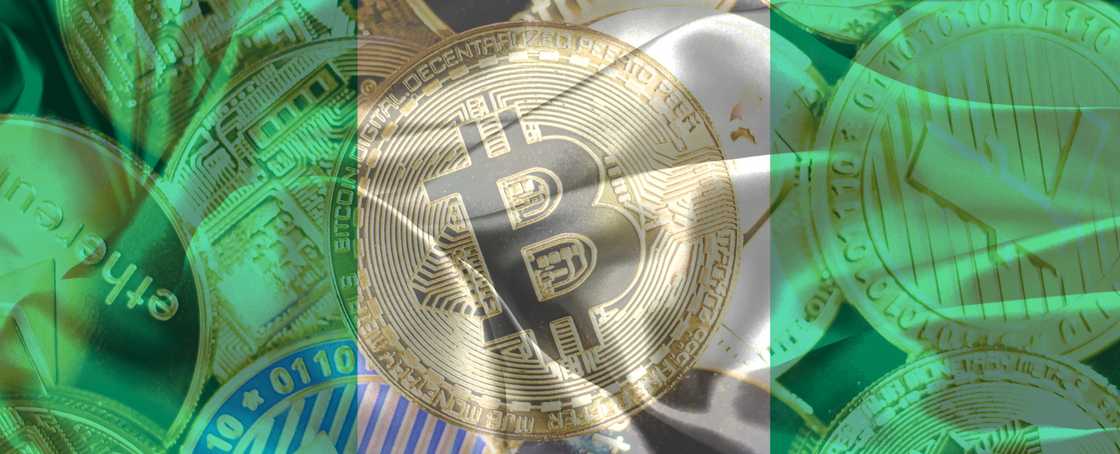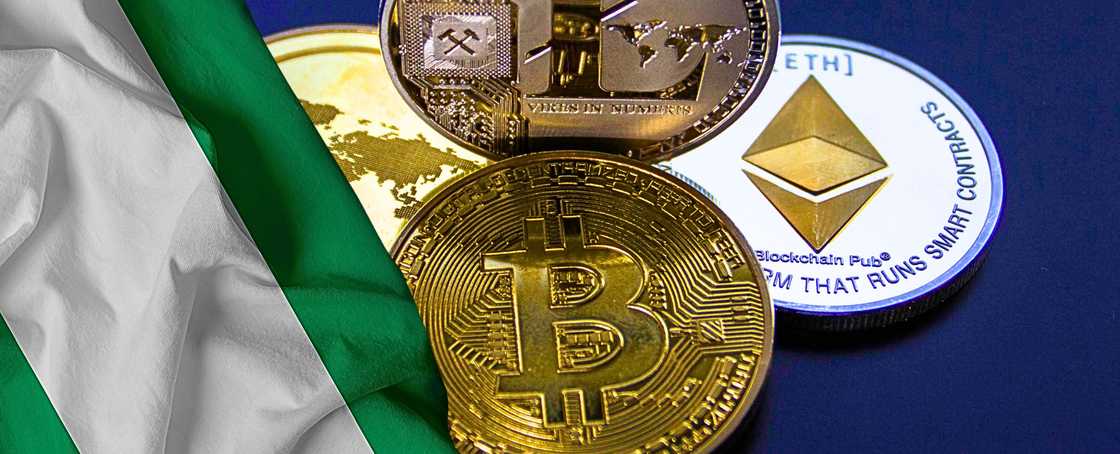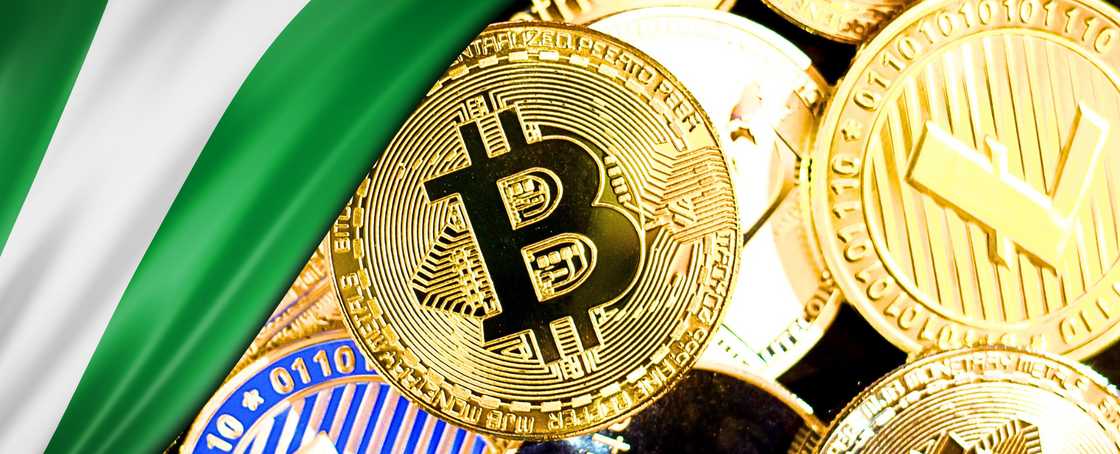How to Buy and Sell Bitcoin, USDT, Ethereum and Litecoin in Nigeria - A 2025 Guide
Cryptocurrency adoption in Nigeria continues to surge in 2025, with Bitcoin, USDT, Ethereum, and Litecoin among the most traded digital assets. As regulations evolve and technology advances, buying and selling crypto has become more seamless, with multiple platforms offering secure transactions.

Choosing the Right Crypto Exchange
The first step in trading cryptocurrency in Nigeria is selecting a reliable exchange. While peer-to-peer (P2P) platforms remain popular due to their direct user transactions, centralized exchanges provide a more structured buying and selling process. Factors such as transaction fees, security measures, and ease of withdrawal play a crucial role in deciding the right platform.
Buying Cryptocurrency
Funding your wallet is the next step once you’ve chosen a trusted exchange. Most platforms allow deposits through bank transfers, mobile money, or even debit cards. With Nigeria’s fintech ecosystem evolving, some platforms now integrate local payment solutions for easier access. After funding your account, purchasing Bitcoin, Ethereum, or USDT is as simple as selecting your preferred amount and confirming the transaction.
Selling and Withdrawing Funds
Selling your crypto follows a similar process: converting digital assets back to naira. Many platforms support instant withdrawals, allowing you to transfer funds to your local bank account within minutes. P2P trading remains an alternative for those who prefer direct transactions with buyers.
Ensuring Security in Crypto Transactions
With increasing crypto activity, security should be a priority. Using two-factor authentication (2FA), securing private keys, and transacting on verified platforms help protect against fraud. Additionally, staying informed about regulatory changes ensures compliance and smooth transactions.
The Future of Crypto in Nigeria
As blockchain technology gains mainstream acceptance, the Nigerian crypto landscape is poised for further expansion. With global partnerships and innovations shaping the industry, digital assets continue to be a viable financial tool for investment and transactions.
Whether you're a new trader or an experienced investor, navigating the crypto space in Nigeria is now more accessible than ever.

Bitcoin, USDT, Ethereum, and Litecoin in Nigeria: Which Crypto is Right for You?
Cryptocurrency adoption in Nigeria has grown rapidly, with Bitcoin, USDT, Ethereum, and Litecoin leading the market. Each serves different purposes, from investment to everyday transactions, making it essential to choose the right one based on your needs.
Bitcoin remains the most recognized digital asset, often considered the gold of cryptocurrency. It is widely used for long-term investment, with many Nigerians viewing it as a hedge against inflation. Despite its volatility, Bitcoin’s global acceptance and increasing adoption by businesses make it a preferred choice for those looking to store value over time.
For those who prioritize stability, USDT (Tether) offers a reliable alternative. As a stablecoin, USDT is pegged to the US dollar, making it less volatile than other cryptocurrencies. Many Nigerians use USDT for remittances, savings, and trading, ensuring their funds are protected from market fluctuations. It also serves as a gateway for converting naira into digital assets without worrying about price swings.
Ethereum, on the other hand, appeals to users beyond just investment. Known for its smart contract capabilities, Ethereum supports decentralized applications (dApps), NFT marketplaces, and blockchain innovations. As Nigeria's tech-savvy community grows, more developers and entrepreneurs are leveraging Ethereum for projects in finance, gaming, and digital art. While it shares some volatility with Bitcoin, its utility-driven demand makes it attractive for those interested in blockchain technology.
Litecoin, often described as Bitcoin’s lighter version, offers faster and cheaper transactions. This makes it ideal for those who need quick, low-cost crypto payments. Its adoption in Nigeria is growing among merchants and individuals who prefer an alternative to Bitcoin’s higher transaction fees.
Choosing the right cryptocurrency depends on your goals. If you're looking for long-term investment, Bitcoin or Ethereum may be the best fit. If stability is your priority, USDT is the safest option. And if speed and affordability matter most, Litecoin offers a practical solution. With Nigeria's expanding crypto landscape, understanding these assets will help you make informed decisions in the ever-evolving digital economy.

The Future of Cryptocurrency in Nigeria: Why Bitcoin, USDT, Ethereum, and Litecoin Matter
Cryptocurrency has become a key part of Nigeria’s financial landscape, with Bitcoin, USDT, Ethereum, and Litecoin leading the way. As digital assets gain wider acceptance, they continue to shape the future of transactions, investments, and financial inclusion in the country.
Nigeria remains one of the largest crypto markets in Africa, driven by economic uncertainty, limited access to traditional banking, and the need for borderless financial solutions. Bitcoin, the most recognized cryptocurrency, is seen as a store of value, helping Nigerians hedge against inflation and currency devaluation. Many investors hold Bitcoin for long-term gains, while others use it for remittances and cross-border payments.
For those seeking stability, USDT (Tether) plays an essential role in Nigeria’s crypto ecosystem. Unlike Bitcoin, USDT is a stablecoin pegged to the US dollar, protecting users from market volatility. It has become a preferred option for traders, businesses, and individuals who need to store digital assets without worrying about sudden price fluctuations. With more businesses embracing crypto, USDT is increasingly used for payments, savings, and trading.
Ethereum offers more than just a digital currency. Its blockchain powers smart contracts, decentralized finance (DeFi), and non-fungible tokens (NFTs), all of which are gaining traction in Nigeria’s growing tech space. Developers, startups, and digital entrepreneurs are leveraging Ethereum to create innovative financial solutions, making it a vital part of the country's digital transformation.
Litecoin, often seen as Bitcoin’s faster alternative, provides quick and low-cost transactions, making it ideal for everyday payments. While it may not have the same level of adoption as Bitcoin or Ethereum, its efficiency and affordability position it as a practical choice for merchants and users who prioritise transaction speed.
The future of cryptocurrency in Nigeria looks promising, with increased adoption by businesses, regulatory discussions on digital asset policies, and rising interest from a tech-savvy generation. As financial systems evolve, Bitcoin, USDT, Ethereum, and Litecoin will continue to play significant roles in reshaping how Nigerians store, transfer, and invest money. Whether for wealth preservation, daily transactions, or blockchain innovation, crypto remains a powerful tool in Nigeria’s digital economy.
[Sponsored]
Source: Legit.ng


